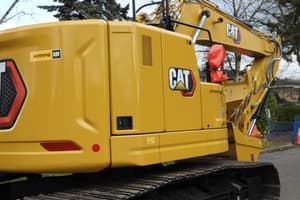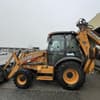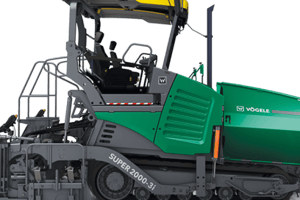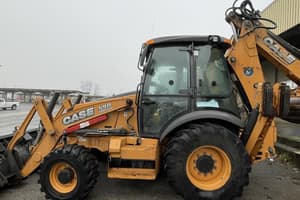Podcast
Questions and Answers
Which factor is critical in preventing accidents when using belt and bucket conveyors?
Which factor is critical in preventing accidents when using belt and bucket conveyors?
- Regular maintenance and inspections (correct)
- Increased speed of operation
- Use of outdated equipment
- Closer proximity of workers to moving parts
What is a key safety feature in electrical systems designed for hazardous environments?
What is a key safety feature in electrical systems designed for hazardous environments?
- Non-ventilated starters
- Standard electrical panels
- Flame proof motors (correct)
- Regular motors without casing
When transporting explosives, which practice is most essential for safety?
When transporting explosives, which practice is most essential for safety?
- Using approved containers and transport methods (correct)
- Keeping explosives in the vehicle's cabin
- Transporting during peak traffic times
- Mixing with non-explosive materials
What is an important consideration for the safe operation of pneumatic power tools?
What is an important consideration for the safe operation of pneumatic power tools?
What should be avoided to prevent accidents when using hand tools?
What should be avoided to prevent accidents when using hand tools?
Flashcards are hidden until you start studying
Study Notes
Heavy Machinery: Causes and Prevention of Accidents
- Accidents involving heavy machinery often result from equipment failure, operator error, or unsafe working conditions.
- Regular maintenance and inspections can prevent malfunction-related accidents.
- Training workers on proper operational procedures is crucial in maintaining safety.
Belt and Bucket Conveyors and Elevators
- Blocked or jammed conveyors can pose significant hazards, leading to mechanical failure.
- Safety guards and emergency stop buttons are essential features to reduce risk.
- Regular monitoring of belt alignment and wear can prevent accidents related to slippage.
Electrical and Pneumatic Power Tools
- Misuse or poor maintenance of power tools can lead to electrocution, cuts, or respiratory hazards.
- Proper training on tool handling and safety protocols reduces the chance of accidents.
- Ensuring all equipment is compliant with safety standards minimizes electrical and pneumatic risks.
Hand Tools
- Accidents with hand tools often result from improper use or inadequate inspection before use.
- Safety features, such as slip-resistant handles, can vastly decrease the likelihood of accidents.
- Providing personal protective equipment (PPE) is essential for safeguarding against injuries.
Heavy Ground and Rock Drilling
- Operator inexperience and lack of awareness of environmental hazards contribute to drilling accidents.
- Implementing strict monitoring of drilling operations can enhance safety measures.
- Use of protective barriers and safety zones around drilling sites is vital.
Water Collection and Disposal
- Pump failures or improper use of water disposal systems can lead to flooding and environmental hazards.
- Regular checks on pumping equipment and electrical panels prevent operational failures.
- Training workers in safe water handling and disposal techniques is essential to prevent accidents.
Electrical Systems (Flame-Proof and Blast-Proof)
- Flame-proof and blast-proof electrical systems are designed to operate safely under hazardous conditions.
- Regular inspections ensure these systems are functioning optimally and prevent explosive incidents.
- Utilizing certified flame-proof motors and fittings is crucial in maintaining safety standards.
Handling and Safe Transportation of Explosives
- Creating secure and clearly marked transport protocols for explosives minimizes risks during transit.
- Training personnel in handling and emergency procedures is necessary for safety compliance.
- Using appropriate containers and vehicles for transporting explosives helps manage potential hazardous situations.
Studying That Suits You
Use AI to generate personalized quizzes and flashcards to suit your learning preferences.





